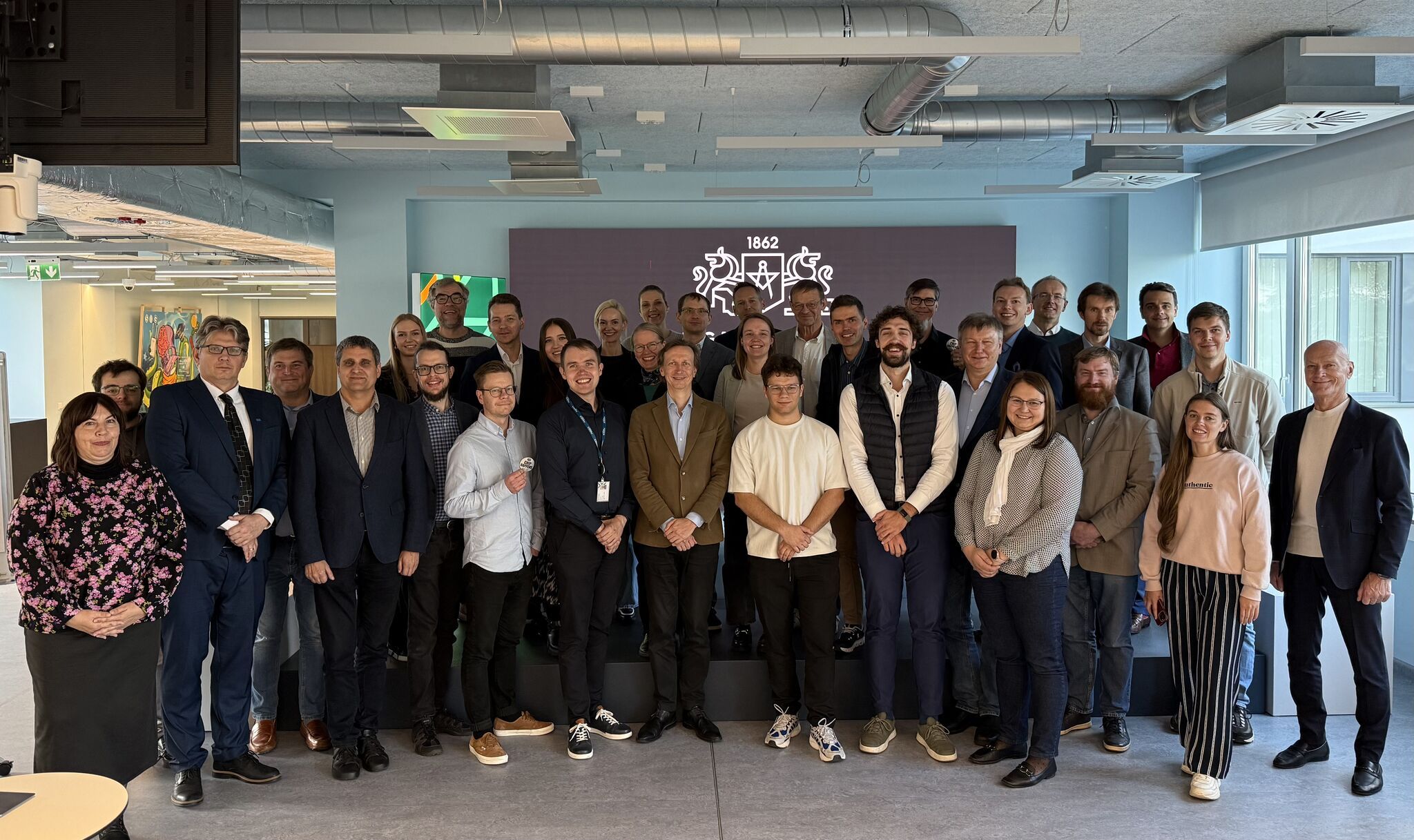
- This event has passed.
Baltic and Finnish Chips Competence Centers Join Forces for Stronger Semiconductor Future

On October 2nd, Latvia hosted a key regional event bringing together Lithuanian Chips Competence Center (ChipsC2-LT), Latvian Chip Competence Centre (LCCC), Estonian Chip Technology Competence Center, Finnish Chips Competence Centre (FiCCC), strengthening cooperation in the framework of the European Chips Act and paving the way for joint initiatives.
During the event, each national Chips Competence Center presented its activities, highlighting unique expertise and contributions to the European chips value chain. The discussions showcased how the Baltic-Finland region can position itself as important player in Europe’s technological sovereignty.
The interactive workshops focused on five working groups:
Operations and Best Practices – sharing management models and successful approaches.
Outreach and Events – exploring opportunities for joint communication, public awareness, and international presence.
Common Technology Offers – mapping technological services that can be provided jointly to industry and research.
Training and Skills Development – addressing the need for highly skilled professionals and open-access training.
Finance – discussing sustainable funding models.
The participants agreed that collaboration across the Baltic and Finnish chips competence centers is crucial for building a strong, resilient, and innovative semiconductor ecosystem. Joint actions – from public outreach to technology offers – will ensure better visibility, attract investments, and foster skills needed for Europe’s chip industry.
This meeting was an important step in uniting our Baltic-Finland regional strengths. By working together, we can amplify our impact and ensure that the Baltic-Finland region is firmly on the map of Europe’s chips future.
The event concluded with a shared commitment to prepare joint initiatives, including international events, training activities, and collaborative technology offers, reinforcing the region’s role in Europe’s digital transformation.
